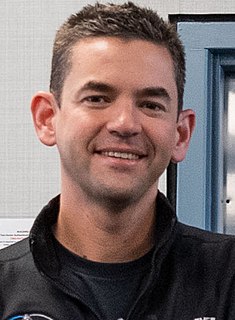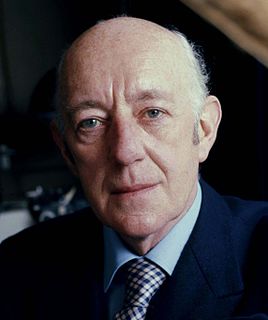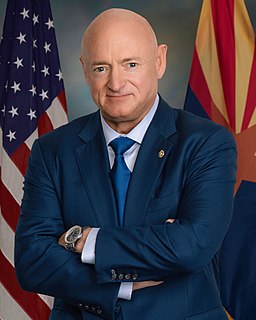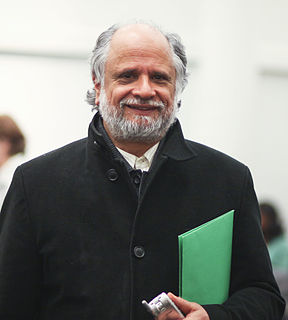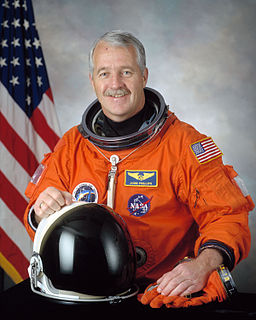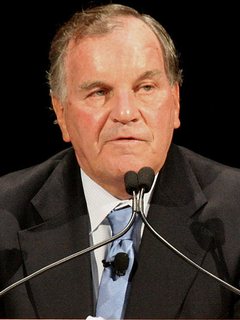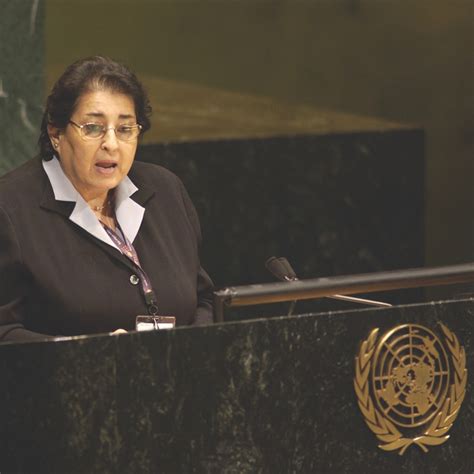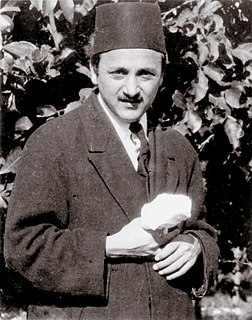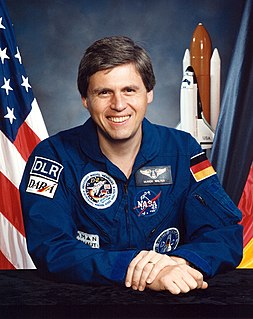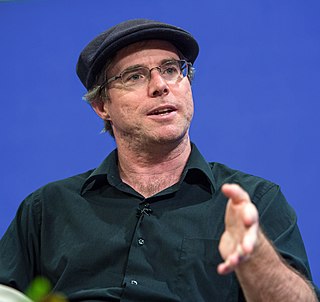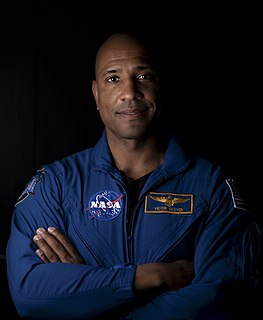Top 1200 International Space Station Quotes & Sayings - Page 2
Explore popular International Space Station quotes.
Last updated on November 26, 2024.
The theoretical recognition of the split-space of enunciation may open the way to conceptualising an international culture, based not on the exoticism of multiculturalism or the diversity of cultures, but on the inscription and articulation of culture's hybridity. It is the inbetween space that carries the burden of the meaning of culture, and by exploring this Third Space, we may elude the politics of polarity and emerge as the others of our selves.
To me, the amazing thing is that so much that was science fiction back then, political fiction, today is reality. We have indeed a spacecraft called an international space station. And we have the diversity of this planet working on that ship, including Americans and Russians working side by side. I think the imagineers are the ones that set the goal. And the inventors and the technicians see that as a goal to work toward, or the political scientists and the diplomats. And eventually, that's arrived at.
'As a fraction of your tax dollar today, what is the total cost of all spaceborne telescopes, planetary probes, the rovers on Mars, the International Space Station, the space shuttle, telescopes yet to orbit, and missions yet to fly?' Answer: one-half of one percent of each tax dollar. Half a penny. I'd prefer it were more: perhaps two cents on the dollar. Even during the storied Apollo era, peak NASA spending amounted to little more than four cents on the tax dollar.
Development of the space station is as inevitable as the rising of the sun; man has already poked his nose into space and he is not likely to pull it back . . . . There can be no thought of finishing, for aiming at the stars-both literally and figuratively-is the work of generations, and no matter how much progress one makes, there is always the thrill of just beginning.
By 1973, we had a space station, the Skylab, and we had multiple probes going up to planets. So, all this wonderful stuff happened in 10 to 15 years. About that time, there should have been enormous initiatives to make it affordable for people to fly in space, not just a handful of trained NASA astronauts and Russian cosmonauts.
America has always been greatest when we dared to be great. We can reach for greatness again. We can follow our dreams to distant stars, living and working in space for peaceful, economic, and scientific gain. Tonight, I am directing NASA to develop a permanently manned space station, and to do it within a decade.
Japanese train signs, station signs, are really representative of the Japanese mind to me, because it always has the station where you are, the station you were previously at, and the station that is the next station. When I came to New York, I was very confused. It just doesn't say where I was and where I was going. But I realized after a while probably most people don't need to know what station you were previously at. But I think it's just some weird Japanese mentality that we need to know, we need to connect the plot.
The training kicked in and we quickly went through our emergency procedures, I took manual control and I got the spacecraft under control and stopped about 50 meters from the space station. So, the net effect of the failure was that we were actually turning and speeding up towards the space station when we should have been slowing down, so it was quite a dangerous situation. But we got manual control, performed the first manual docking to the station at night. The training pays off. It was just automatic. We had our books out already, we went right to the right procedures and executed them.
It keeps startling me that at the beginning of this 21st century, at a time when we can . . . explore the depths of the seas and build an international space station, we have not been able to make childbirth safe for all women around the world. ... This is one of the greatest social causes of our time.
Two years ago, China tested an anti-satellite weapon that actually caused quite a bit of controversy and one of the controversies is that by blowing up a satellite, you are creating more space debris which is a hazard to satellites and spacecraft in lower Earth orbit and if they had been a partner, you'd have to do an experiment, and if they had been a partner in the international space station, would they have really done that test? They would have really thought twice about creating that tension between the countries and potentially endangering a project that they were a part of.
The Revelation of the Báb may be likened to the sun, its station corresponding to the first sign of the Zodiac—the sign Aries—which the sun enters at the vernal equinox. The station of Bahá’u’lláh's Revelation, on the other hand, is represented by the sign Leo, the sun's midsummer and highest station. By this is meant that this holy Dispensation is illumined with the light of the Sun of Truth shining from its most exalted station, and in the plenitude of its resplendency, its heat and glory.
America was the funder of petro-dictatorships. We treated all these countries as basically big, large gas stations: Libya station, Iraq station, Iran station, Egypt station, Syria station, and all we asked of them were three things: Keep your palms open, your prices low and don't bother Israel too much, and you can do whatever you want to your own people.
Our goal is to tell people about the International Space Station. I think very rarely people look up 250 miles and think, What are those guys working on, what are those men and women doing at this moment... They're living and doing regular things, but also doing incredible work as well. We really want to bring that to people.
ISS leak is just like on a ship, there are bulkheads that, if there's an emergency, can separate an area that's no longer airtight from the undamaged portion of the station. The former Russian space station Mir actually did once develop a leak, after colliding with an unmanned cargo ship. Everyone survived.
Going into orbit around Earth - where the space station is today, and where the space shuttles and John Glenn and all those folks go-that's three-eighths of an inch above a schoolroom globe, just FYI. That's not very far from Earth. Yes, you are off Earth, but you're not really going anywhere yet. The moon was the only real destination.
I really love sharing with young Canadians the changes we're seeing in the space program right now with what we call "commercial space." We have commercial cargo delivery to the space station, and now we have what we call "commercial crew," where we're going to be delivering people to low orbit on new vehicles that are being designed by Boeing and SpaceX.
I really believe that, in 500 years, we will still remember the International Space Station, because it will have been the first time, really and truly, that nations put a lot of money, brains, resources, and effort together to build something peacefully, and to work together for the sole and unique purpose of furthering our knowledge and bringing it back to Earth for our mutual good.
For the last several years and culminating in six months in orbit next year, I've been training for my third space flight. This one is almost in a category completely different than the previous two, specifically to live in on the space station for six months, to command a space ship and to fly a new rocket ship.
Because now, you know, it's going to be a number of years yet before we have our own new boosters and new spacecraft to go to our own International Space Station and proceed with all the research that we spent $100 billion putting up there to give us that research capability for the future for people right here on Earth.

